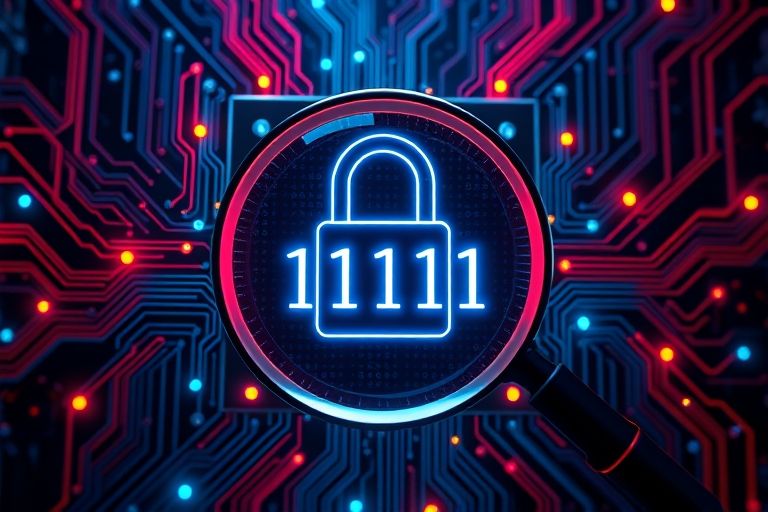
Passwords are essential for securing our digital identity and protecting sensitive information. However, not all passwords are created equal. The strength of a password is determined by various factors, including the number of characters, complexity, and the number of bits it contains. In this article, we will discuss what bits in a password mean and how they affect the security of your online accounts.
Bits are a unit of measurement used to quantify the amount of information stored in a computer system. In the context of passwords, bits measure the password's strength and complexity. The more bits in a password, the harder it is to crack and the more secure it is.
For example, a password with 128 bits is more secure than a password with 64 bits. This is because a password with 128 bits has 2^128 possible combinations, while a password with 64 bits has only 2^64 possible combinations. As a result, it would take significantly more time and resources for a hacker to crack a password with 128 bits than one with 64 bits.
To calculate the number of bits in a password, you need to know the number of characters and the character set used in the password. The formula for calculating the number of bits is:
Number of bits = log2 (number of possible combinations)For example, let's consider a password with eight characters, including uppercase and lowercase letters, numbers, and symbols. The number of possible combinations for this password is:
94^8 = 6,634,204,312,890,625Using the formula above, we can calculate the number of bits:
Number of bits = log2(6,634,204,312,890,625) = 85.6 bitsIn conclusion, bits in a password are a crucial factor in determining the strength and security of your online accounts. It is recommended to use passwords with at least 64 bits of entropy to ensure adequate security. By using a combination of uppercase and lowercase letters, numbers, and symbols, you can increase the number of bits in your password and make it harder for hackers to crack. Remember to use unique passwords for each account and change them regularly to prevent unauthorized access.